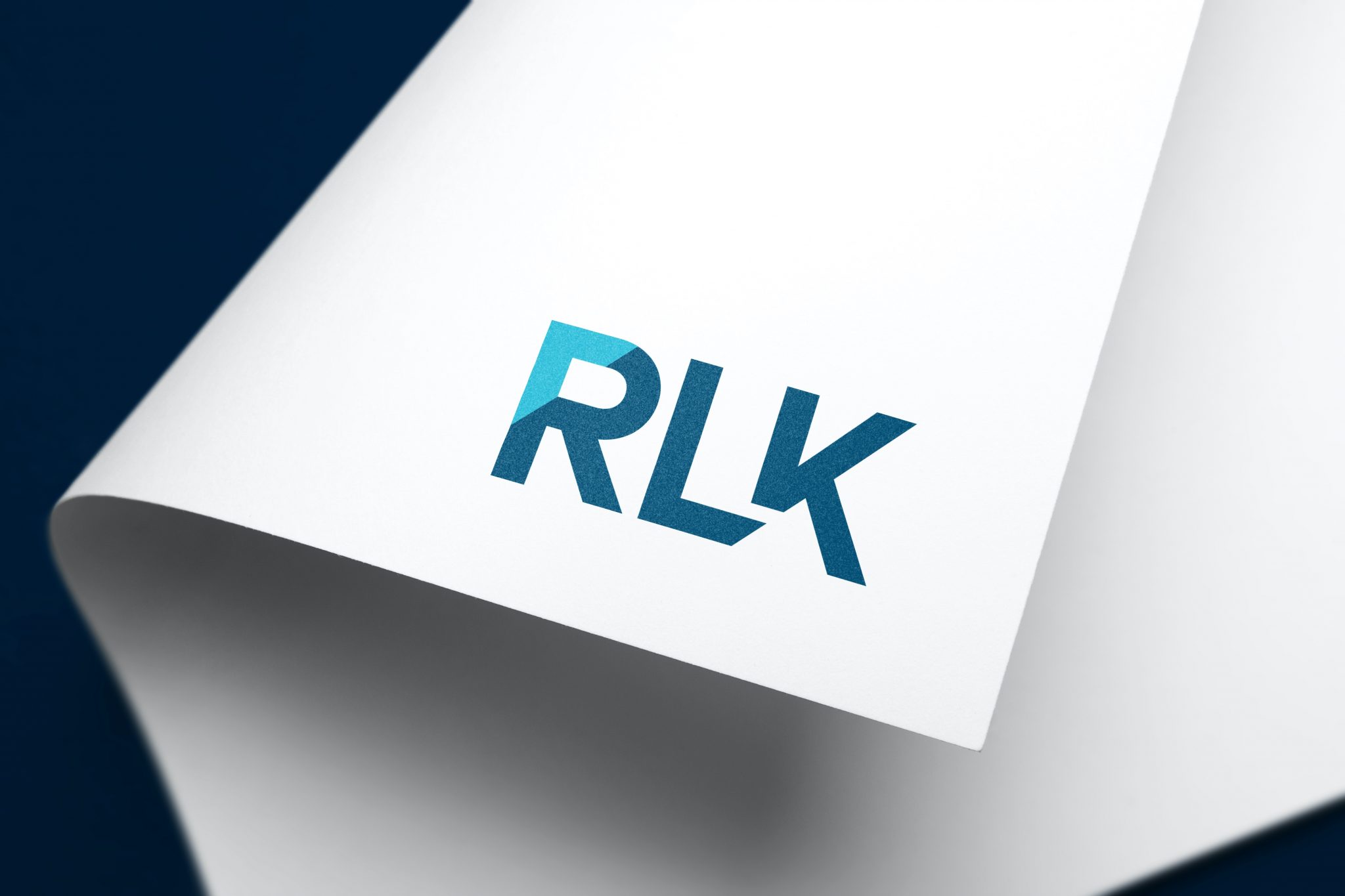The Whys and Wherefores of Making a Will

Who should make a will? Everyone!
A will is the single most important document you will sign in your lifetime and it is vital to get it right.
Currently around two thirds of the population die without making a will and the reasons for this are numerous.
For some people it seems like tempting fate and yet they will happily take out life insurance cover to protect their families if they die. Others think they have nothing to leave or that their spouse will receive everything anyway. In fact when assets are added up and the value of life policies and death in service benefits is added in, most people have something to leave and often more than they would think.
Without a will the intestacy rules dictate where this money ends up.
It’s important to take proper advice and to discuss your situation with an experienced private client solicitor and preferably one who is a member of STEP.
Families today can be very complicated and there may be children from different relationships who need to be provided for. Inheritance tax may be an issue or there may be business assets to deal with.
Are you confident your children could handle inheriting a lump sum at 18 or would it be better to retain the funds in trust a while longer? What if one child is more vulnerable than another due to illness or addiction issues? All of these points can be covered in a properly drawn will.
One of the most compelling reasons to make a will is that you get to choose who looks after your money after your death. If you die intestate the law decides who acts and that may not be somebody capable of handling the necessary paperwork or fully understanding the process involved. If you want to provide for disabled beneficiaries or protect children from an earlier marriage then you need to set up a trust in the will and appoint suitable trustees. At the same time you may need to appoint guardians for minor children. The law makes no provision for guardianship to pass automatically to a relative if both parents die.
If your assets are such that your estate may be liable to inheritance tax then a suitably drafted will can help to reduce the burden. Use of appropriate trusts may also assist in preserving assets if residential care is needed.
A properly drafted will puts you in control of where your assets go and who deals with them when you no longer can.
In short, whatever your family situation, making a will is an excellent way to reduce the burden on those who survive you. Leaving your estate to be sorted out under the intestacy rules is liable to create problems and increase the stress of an already distressing situation.
For further information or to make an appointment to discuss your situation contact Mrs J Bennell in our private client department.

